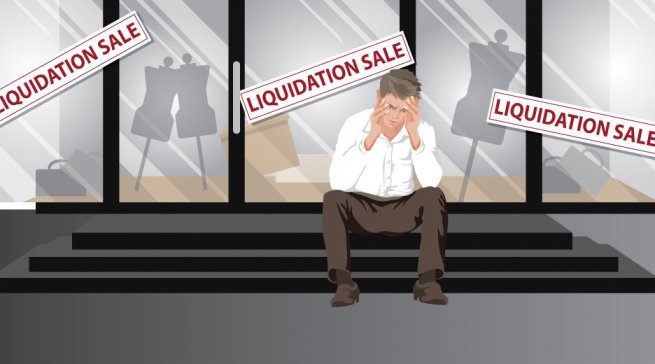
A Complete Guide to the Small Business Restructuring Process
Simplified debt restructuring is a new process available as of 1 January 2021 to support financially distressed small businesses. In simplified debt restructuring, an independent professional known as a ‘small business restructuring practitioner’ is appointed to a distressed debtor company to assist with restructuring the company’s debt via development of a ‘restructuring plan’.










